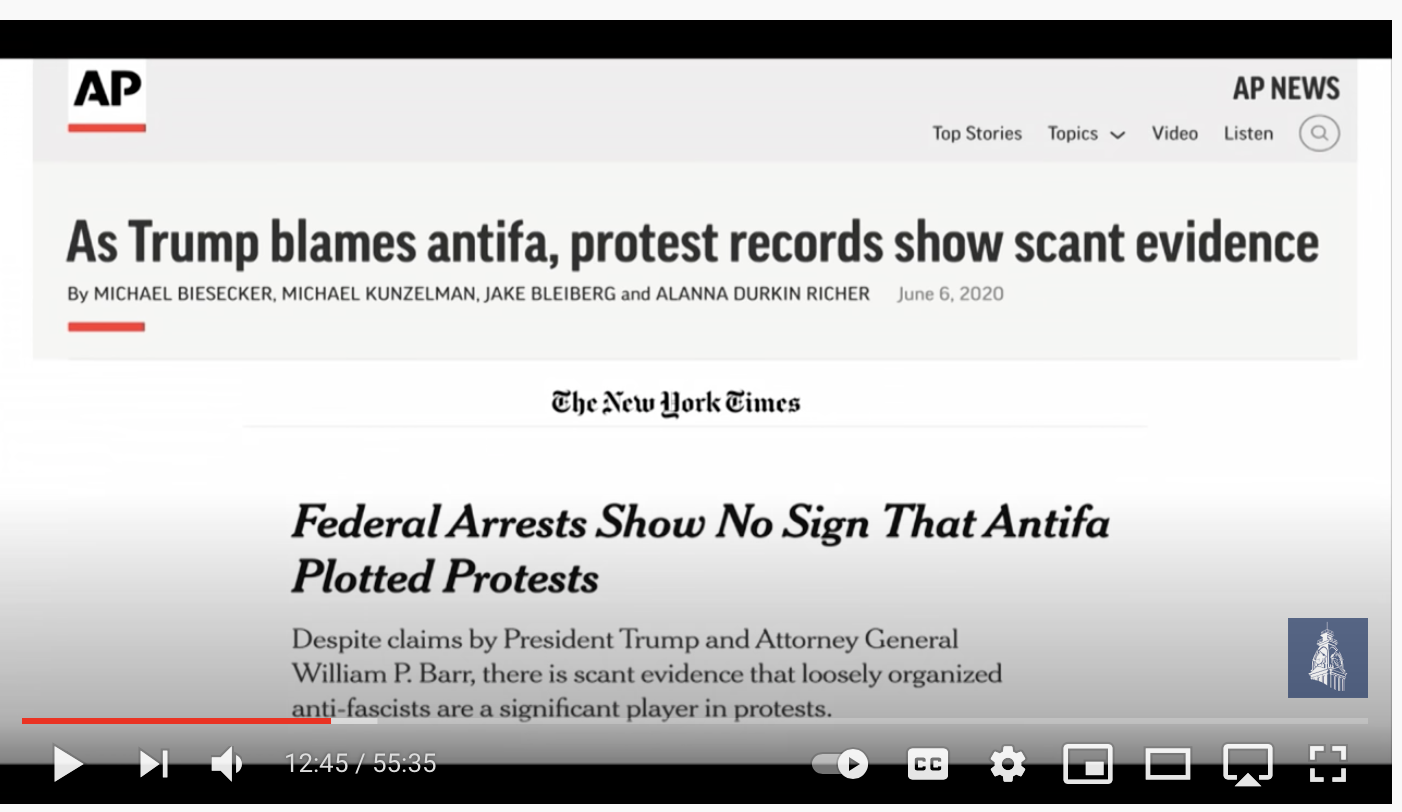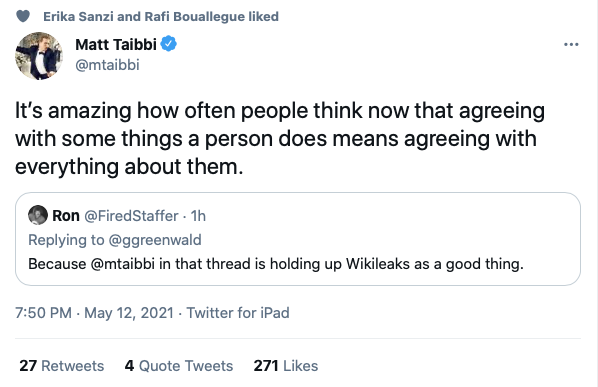Long Form Podcasts as a Remedy for Tribal Thinking
A friend is quite perturbed at me for (as I view it) not adopting the top-to-bottom progressive platform. The friend found it disturbing that I would get some of my information from sources that the friend considered to be the other team. I told this friend: "You are the 1,000th person to get frustrated with me for wanting to get my facts straight without reference to the prevailing narratives of political tribes. I am prepared to die on this hill."
I am wired to make sense of things as best I can, letting the chips fall, regardless of whether I offend people in the process (with rare exceptions). I was prepared for this way of learning during a childhood where my father force-fed me buckets of religious dogma, resulting in this five-part essay.
I am willing to get useful information from anyone who has information that seems useful. I'm working hard to not divide the world into "good" people and "bad" people. Good people often say untrue things and bad people often say things that make sense. Everyone has a batting average. Everyone is flawed. It is my act of faith that we need to listen to all of it and then pretend that we are emotionally detached Martian anthropologists in order to decide what is accurate. In other words, we need to pay close attention to John Stuart Mill, who is as relevant as ever.
Hence, I reject any Manichean outlook. I fear that our two main political tribes and their respective news silos (amplified by social media) are poisoning our national dialogue. In fact, ruining our national dialogue to the point where, truly, our de facto national motto is getting to be "Fuck e pluribus unum!" It's gotten to the point where people are hating other people for ideas, whereas I think we can hate the idea but must always love the person. I am not religious, but I think that Jesus' "Love your enemy" is one of the most radical, brave and brilliant things ever said.
We need to listen to people that others call the "enemy" because sometimes they are right--sometimes it takes years for it to become apparent that they are correct. I have long been ridiculed for listening "to the enemy." That is, and will forever be, my plight, because the world is complex, not a cartoon, and no tribe has it completely right. We need to actively listen to each other and test each others' claims without feeling like this is a threatening thing to do, in order to make good sense of our world. Without each other, we are all prone to become ideologues who "win" all of our arguments because we refuse to consider competing views (and in fact many of us actively work to muzzle competing views). Hard earned, carefully distilled facts first to prepare the way for meaningful opinions, is the only way to make sense. Whenever we do the opposite, indulging in thinking and opinion-vomiting as a team sport, we are poisoning all dialogue and shutting down human flourishing.
I believe that real conversation (not the pundits barking at each other on CNN, or regular folks on the street, imitating the pundits) will dissolve many of the differences we see in each other. That brings me to an inspiring dialogue I recently heard: a discussion involving Joe Rogan and Glenn Greenwald. This is an odd couple in many ways. At the beginning of the show they both admitted that, in prior years, they weren't each others' favorite people. But they reached out, sat down for three hours and had a riveting conversation that covered many issues, including whistle-blowers, corruption in Brazil, Hunter Biden. My favorite part is where Joe and Glenn discussed the importance of reaching out to people who think differently in order to understand them and to better understand yourself.
Rogan and Greenwald both tout the long-form podcast as one of the best ways to dissolve the pundit-coating that people construct around themselves and to then get down to some interesting conversation--the kind of conversation where people learn interesting things about each other and about themselves. You can be a politician for a short session on FOX or NPR, maybe even 30 or 40 minutes, but you can't hide it for several hours. Rogan mentions that he stumbled upon this powerful revelation because he was too lazy to edit his long podcasts, but then he started to appreciates incredible power of the long-form podcast to reveal who people really are. This conversation between two wide-open complex minds is pure gold, and I invite you to listen to the entire podcast, but especially from 118 min mark to the 140 min mark. You can also read along here (beginning at 2:01:38).


